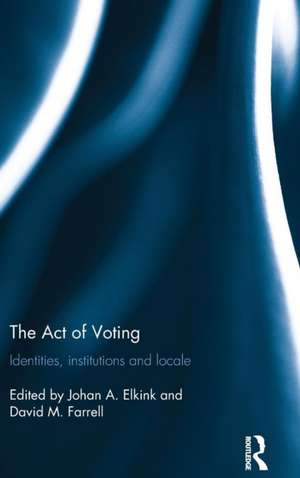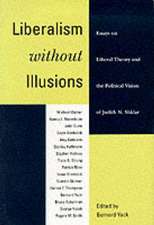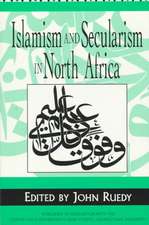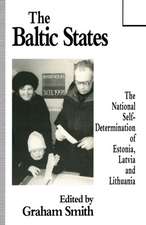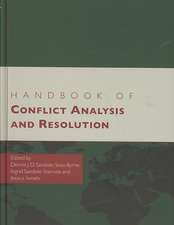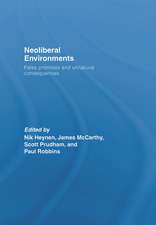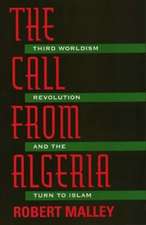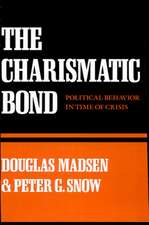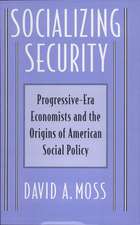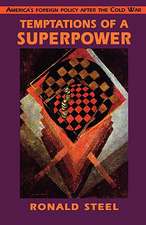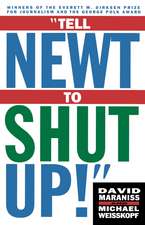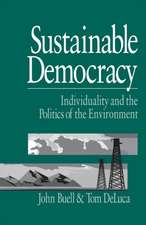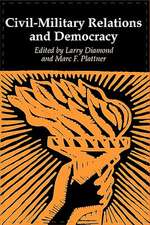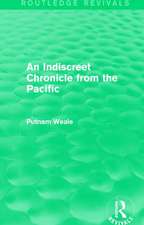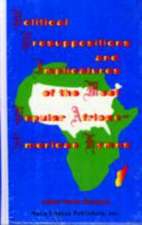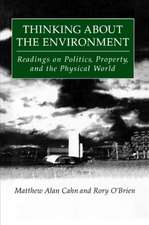The Act of Voting: Identities, Institutions and Locale
Editat de Johan A. Elkink, David M. Farrellen Limba Engleză Hardback – 19 oct 2015
The Act of Voting examines voting – both the question of whether to vote (ie. electoral turnout) and who to vote for – in context from a range of interdisciplinary perspectives. In addition to other topics and themes, chapters explore the national or social identities of individuals and how these contribute to complex social dynamics, discuss the institutions that determine who is able to vote and over what, and analyse the impact of the locale on the voting act.
Offering chapters by up-and-coming scholars in the field of electoral behaviour, as well as reflections on how the act of voting should be viewed in the broadest context – normatively, institutionally and socially, this book will be of interest to students and scholars researching political behaviour, public opinion and politics more generally.
| Toate formatele și edițiile | Preț | Express |
|---|---|---|
| Paperback (1) | 449.41 lei 6-8 săpt. | |
| Taylor & Francis – 16 iun 2017 | 449.41 lei 6-8 săpt. | |
| Hardback (1) | 1113.12 lei 6-8 săpt. | |
| Taylor & Francis – 19 oct 2015 | 1113.12 lei 6-8 săpt. |
Preț: 1113.12 lei
Preț vechi: 1357.46 lei
-18% Nou
Puncte Express: 1670
Preț estimativ în valută:
212.99€ • 221.95$ • 176.36£
212.99€ • 221.95$ • 176.36£
Carte tipărită la comandă
Livrare economică 03-17 aprilie
Preluare comenzi: 021 569.72.76
Specificații
ISBN-13: 9781138842014
ISBN-10: 113884201X
Pagini: 306
Ilustrații: 36 black & white illustrations, 38 black & white tables, 36 black & white line drawings
Dimensiuni: 156 x 234 x 23 mm
Greutate: 0.57 kg
Ediția:1
Editura: Taylor & Francis
Colecția Routledge
Locul publicării:Oxford, United Kingdom
ISBN-10: 113884201X
Pagini: 306
Ilustrații: 36 black & white illustrations, 38 black & white tables, 36 black & white line drawings
Dimensiuni: 156 x 234 x 23 mm
Greutate: 0.57 kg
Ediția:1
Editura: Taylor & Francis
Colecția Routledge
Locul publicării:Oxford, United Kingdom
Public țintă
Postgraduate and UndergraduateCuprins
The Act of Voting: Identities, Institutions and Locale 2. European Identities in Comparative Perspective 3. Does Ulster Still Say ‘No’? Public Opinion and the Future of Northern Ireland 4. Transnational Citizenship and Access to Electoral Rights: Defining the Demos in European States 5. Electoral Processes and Presidential Elections in ‘Presidential Republics’ 6. EU Treaty Referendums in Ireland and Denmark: A Comparative Analysis of Different Conceptions of Sovereignty and their Democratic Implications 7. Confronting Europe: the Irish Referendums on Lisbon 8. Locality in Irish Voter Preferences 9. Candidates, Parties and Constituency Relations: A Study in Irish Clientelism 10. Exploring the Non-Alignment of Party and Candidate Assessments in Ireland: Do Voters Really Follow Candidates? 11. Intention to Vote, Reported Vote, and Validated Vote 12. Political Inequality in Second Order Elections: Resources, Campaign Mobilization and Voter Turnout 13. Religion, Electoral Participation and Party Support in Northern Ireland 14. Identity Formation and Political Generations: Age, Cohort, and Period Effects in Irish Elections 15. The Act of Voting in Context
Notă biografică
Johan A. Elkink is a lecturer at University College Dublin.He works on the international diffusion of democracy, institutionalisation and personalisation of the Russian regime, voting behaviour in referendums, and the estimation of spatial econometric models.
David M. Farrell is Professor of Politics at University College Dublin. He is a leading expert in the study of parties and elections.
David M. Farrell is Professor of Politics at University College Dublin. He is a leading expert in the study of parties and elections.
Descriere
The Act of Voting examines voting – both the question of whether to vote (ie. electoral turnout) and who to vote for – in context from a range of interdisciplinary perspectives. In addition to other topics and themes, chapters explore the national or social identities of individuals and how these contribute to complex social dynamics, discuss the institutions that determine who is able to vote and over what, and analyse the impact of the locale on the voting act.
